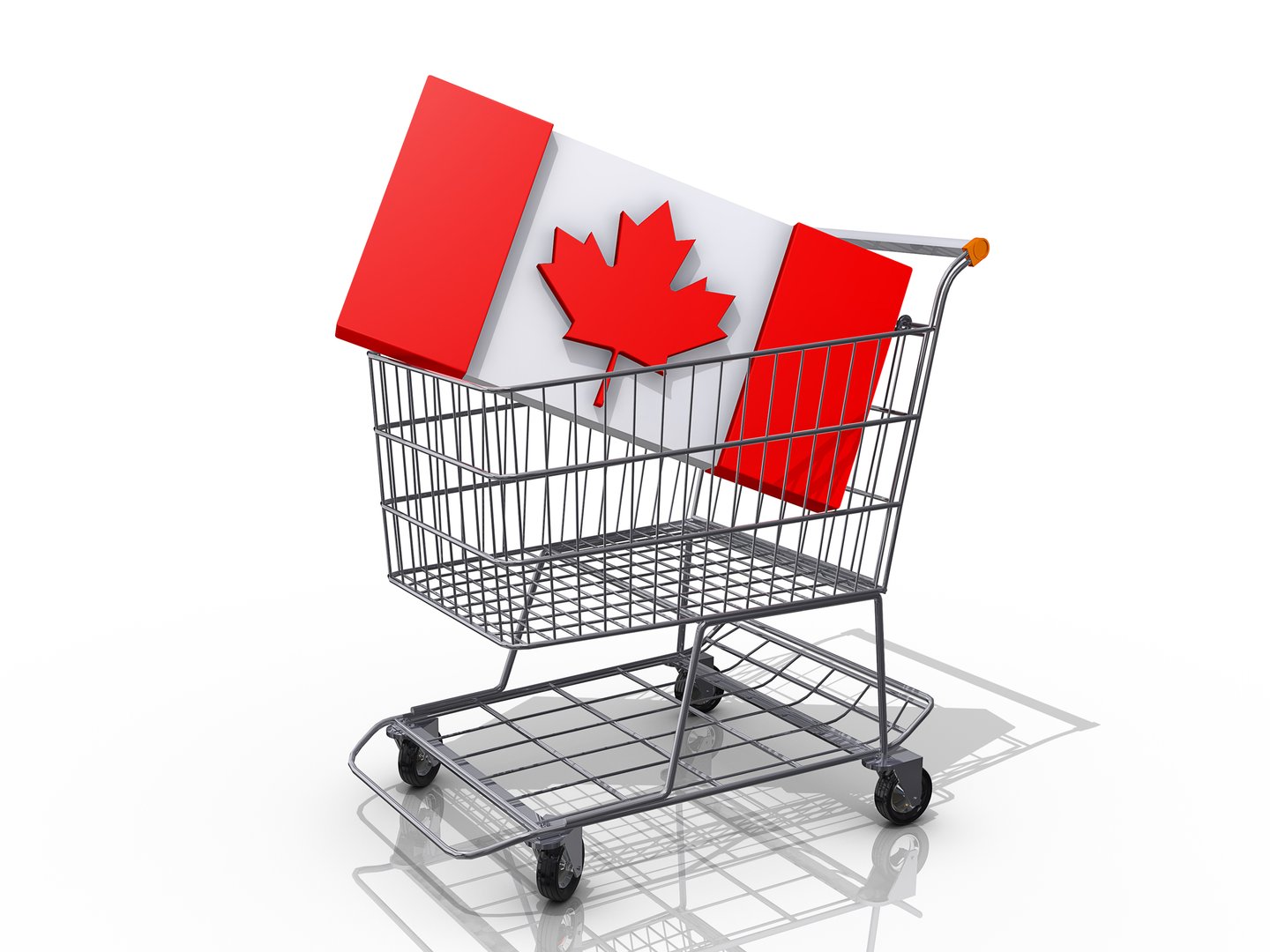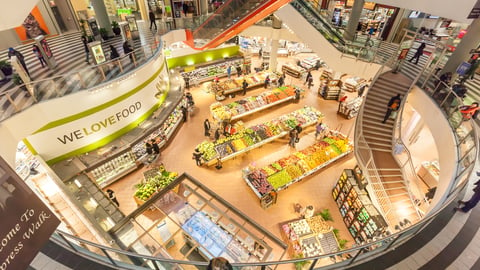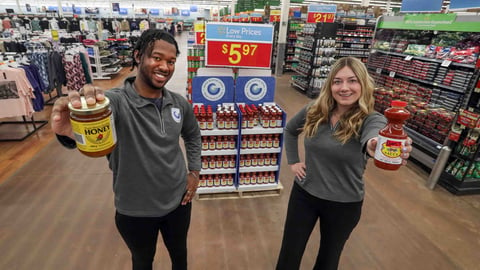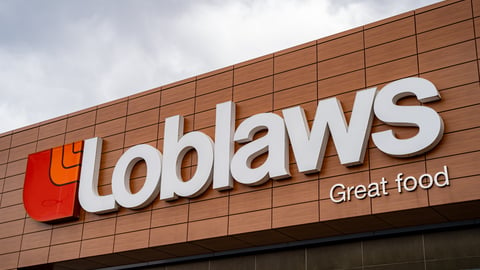Industry execs share their strategies in dealing with tariffs
Luc L'Archevêque, chief merchandising officer, Empire Company: “Local is in our DNA. From J.W. Sobey delivering meat by horse drawn cart more than a century ago in Stellarton, N.S., to today, through our 1,600 grocery retail locations across the country, we’ve always had a focus on ‘local’ and providing value to our customers. We’re now amplifying and accelerating our local strategy while further diversifying our sourcing to add even more Canadian products, while also helping our customers find them easily through all channels—like maple leaf shelf labels.”
Nena Pidskalny, associate vice-president, food, Federated Co-operatives Limited: “Co-op is well-positioned to navigate tariff challenges due to our long-standing commitment to local growers and producers. For 96 years, we have prioritized Canadian products and will continue to strengthen this focus. We are doing this by amplifying and celebrating Canadian products through shelf labels, flyer callouts, in-store materials and social media. Our priority remains sourcing Canadian first, and when cost, availability and quality align, we will carefully consider alternatives while staying true to our values.”
READ: Trump announces one-month tariff pause on some Canadian goods, lowers potash levy
Gordon Dean, president, Mike Dean Local Grocer: “In our DNA as a rural grocer, we have always put our local communities and local suppliers first. As a small independent grocer, we have no viable option to absorb or push back into the supply chain a 25% tariff or counter tariff as the big chains will likely try to do. We are already working on delisting any non-core SKU likely affected. We are working to replace them with Canadian or European alternatives. This is a lot of work and change in the short term. However, long term, this will allow us to provide our communities both 'closer to home' and 'more diverse' food security.”
Eric La Flèche, CEO, Metro: “When it comes to procurement, we already give priority to local Canadian products whenever possible. It's all part of Metro’s commitment to supporting local producers and facilitating access to their products, while offering our customers the quality products they're looking for according to their values, budget and preferences. In the current context, we'll be putting more emphasis on these products … we'll be working to optimize the visibility of local products—in-store, online and on our various promotional tools like the weekly flyer—to make them easier to find for customers who want to prioritize them.”





